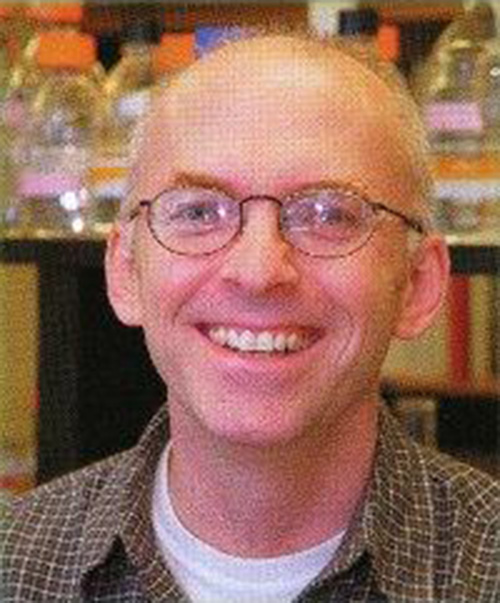John Charles Sisson Memorial Lecture
The John Charles Sisson Memorial Lecture is a venue for the Section of Molecular Cell and Developmental Biology and the Institute for Cellular and Molecular Biology to honor and remember our valued colleague, John Sisson, who passed away in October 2009. The Lecture is a recurring event, bringing to campus scientists and researchers who share the passion that John had for cell biology to The University of Texas at Austin for a seminar and reception. It is a long established fact that a reader will be distracted by the readable content of a page when looking at its layout. The point of using Lorem Ipsum is that it has a more-or-less normal distribution of letters, as opposed to using ‘Content here, content here’, making it look like readable English. Many desktop publishing packages and web page editors now use Lorem Ipsum as their default model text, and a search for ‘lorem ipsum’ will uncover many web sites still in their infancy. Various versions have evolved over the years, sometimes by accident, sometimes on purpose (injected humor and the like).
John Charles Sisson was an accomplished cell biologist, adept at bringing biochemical, genetic and cell biological methods to bear on investigations of cellular function. His graduate training was with Matthew Scott at the University of Colorado and Stanford. As a postdoctoral fellow with Bill Sullivan at the University of California at Santa Cruz, John made personal and scientific discoveries that guided the remainder of his sadly abbreviated but rich and creative life. John met his wife Ophelia Papoulas, also a scientist, with whom he would later enjoy the ongoing experiment of parenthood. Scientifically, John initiated his work on cell division in the Drosophila embryo. With a combination of elegant biochemical studies and sophisticated imaging methods he revealed the role of the Golgi apparatus for cellularization, a type of cell division in which many cells form simultaneously

John C. Sisson, Ph.D.
This work continued after he joined the faculty of the Section of Molecular Cell and Developmental Biology and became a member of the Institute for Cellular and Molecular Biology, and eventually led him to explore the contribution of DFMR, the Drosophila homolog of the human Fragile X Mental Retardation protein, to cellularization. Most recently, John was working to define the molecular mechanism of DFMR action in the embryo. In his characteristic style, John provided compelling evidence that the protein performs mechanistically different functions in different cell types, opening up new lines of investigation for the future with important implications for human disease. John was promoted to Associate Professor in 2007. He was a valued colleague, offering constructive criticism with a smile and good humor.
John is survived by Ophelia and their son, Oliver Sisson, who was born in Austin in 2003. The John Charles Sisson Memorial Lecture serves as a lasting tribute to John Sisson and will provide a permanent resource to advance the field of cell biology. The Section of Molecular Cell and Developmental Biology and the Institute for Cellular and Molecular Biology welcome contributions to this legacy endowment.
How to Give
Learn more at giving.utexas.edu
Search Endowments
Look for inspiring stories
